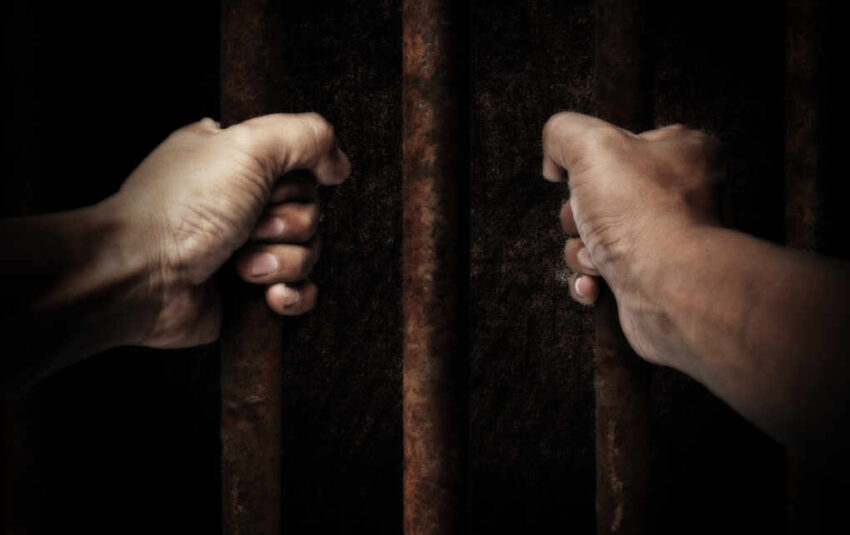A bold move by President Trump aims to enforce the death penalty for murder convictions in Washington, D.C., challenging local governance and stirring national debate.
Story Highlights
- President Trump announces intent to apply the death penalty for murders in D.C.
- Federal intervention raises legal and ethical questions about local governance.
- Announcement follows rising crime rates and perceived justice system failures.
- Potential for significant political and legal challenges to federal authority.
Trump’s Federal Intervention in D.C. Crime
On August 26, 2025, President Donald Trump announced that his administration would pursue legislation and federal authority to allow the death penalty for murder convictions in Washington, D.C. According to ABC News reporting, this would represent the first such federal intervention in the district’s justice system since the 1980s. The proposal was presented as a response to recent increases in homicide rates, with D.C. police data showing a 33% rise in murders between 2019 and 2023, and what Trump described as “failures in accountability” in local courts. The move positions the federal government as a necessary force in ensuring public safety in the nation’s capital.
The capital has been without the death penalty since 1981, making this federal push a controversial proposition. Washington, D.C.’s unique status as a federal district allows the president to exert more influence, although local governance and Congressional oversight present potential obstacles. Analysts note that the announcement reflects a broader trend of federal engagement in local crime policy. Professor Russell Wheeler, a governance scholar at the Brookings Institution – interviewed by The Washington Post, Aug. 2025, explained that the move fits into a wider debate about whether federal authority should be used to supplement local law enforcement in major cities.
Stakeholders and Opposition
The policy has drawn attention from multiple stakeholders, including the Department of Justice, tasked with prosecuting such cases, and D.C. government officials, who are likely to oppose what they see as federal overreach. Civil rights organizations, including the ACLU of the District of Columbia, have already indicated they may challenge the policy in court. In a statement to NPR, ACLU attorney Monica Hopkins argued that reinstating the death penalty in D.C. “would raise serious constitutional questions and repeat past injustices linked to racial disparities in capital punishment. Congress, which holds legislative authority over the district’s criminal law, is divided along partisan lines, adding another layer of complexity to the situation.
Trump’s administration argues that this measure is necessary to deter crime and ensure justice for victims, but critics highlight potential constitutional challenges. Legal scholars such as Stephen Vladeck, a constitutional law professor at the University of Texas School of Law, emphasize that Congress ultimately holds authority over D.C.’s criminal law, making any unilateral executive action subject to challenge. Civil rights advocates, including Sherrilyn Ifill, former president of the NAACP Legal Defense Fund who did an interview with MSNBC on August 26, 2025, warn that expanding the death penalty could disproportionately affect Black residents, who already face higher arrest and conviction rates in the district. The move is likely to spark significant legal battles, testing the limits of federal intervention in local governance.
Potential Implications and Legal Challenges
In the short term, the announcement is expected to heighten political debate and escalate tensions between federal and local authorities. It may also mobilize both pro- and anti-death penalty constituencies, leading to increased polarization. Long-term effects could include setting a precedent for federal intervention in local criminal justice issues and influencing the national discourse on capital punishment.
Trump: ‘No Choice’ but Death Penalty for Murders in D.C. https://t.co/pDva09onHI
— Tennessee James (@TNvigilance) August 26, 2025
The economic impact could be substantial, with increased costs associated with federal prosecutions and potential litigation. Socially, the move may have a chilling effect on local governance and contribute to further polarization. Politically, it is likely to energize constituencies on both sides of the capital punishment debate, influencing future policy discussions and potentially shaping the political landscape.
Sources:
Click this link for the original source of this article.
Author: Editor
This content is courtesy of, and owned and copyrighted by, https://republicanpost.net and its author. This content is made available by use of the public RSS feed offered by the host site and is used for educational purposes only. If you are the author or represent the host site and would like this content removed now and in the future, please contact USSANews.com using the email address in the Contact page found in the website menu.





